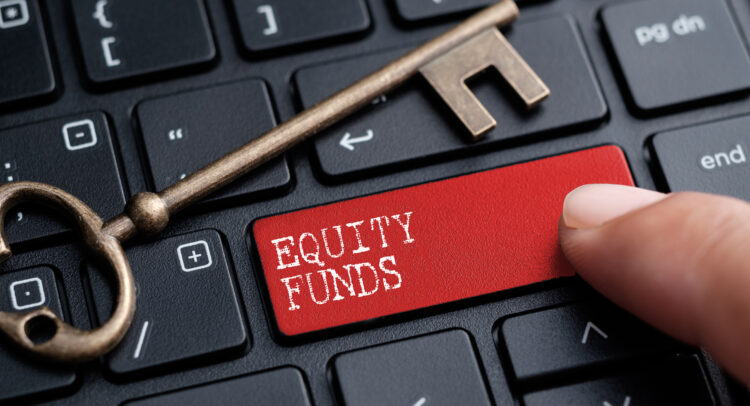“Sell in May and go away,” goes the conventional wisdom. And with September rapidly approaching, buyers ought to be coming back. Well, tell that one to several investment funds, as they forked over a whopping $16.7 billion to investors who continued to sell and go away.
Investors pulled balances from a range of funds, including $11.2 billion from equity funds, another $3.3 bilion from money market funds, another $1.7 billion from taxable bond funds, and finally, $534 million from tax-exempt fixed income funds to make up the aforementioned total. Even equity ETFs lost ground to the tune of $7.8 billion. Most of that was lost from the SPDR S&P 500 ETF (NYSEARCA:SPY), which lost $7 billion by itself. Meanwhile, joining in the fray was the Technology Select Sector SPDR Fund (NYSEARCA:XLK), which chipped in $735 million in outflow itself.
The news wasn’t all outflows and tragedy, though, except in the aggregate. Indeed, some funds gained in the face of calamity, including the iShares MSCI USA Quality Factor ETF (NYSEARCA:QUAL) and the iShares Russell 2000 ETF (NYSEARCA:IWM), who brought in $568 million and $529 million, respectively. So why did investors bug out in such huge numbers? Reports suggest that the Jackson Hole speech from Federal Reserve Chair Jerome Powell left investors skittish, and eager to slip out of higher-risk equity investments. With word from Refinitiv Lipper suggesting that equity funds saw their single-biggest loss since the week of June 21, it’s clear that investors are uneasy. But then, investors usually are.

Interestingly, despite the major outflows seen, and the smaller intakes, all four funds were up in Friday afternoon’s trading. None was up much; the Technology Select Sector added 1.27%, while the other three were up fractionally. Of the four, iShares Russell 2000 leads the way in upside potential despite being a Hold; its average price target of $238.12 gives it a 28.91% upside potential. Meanwhile, the SPDR S&P 500 comes with a 17.1% upside potential on an average price target of $516.15.
Questions or Comments about the article? Write to editor@tipranks.com
















